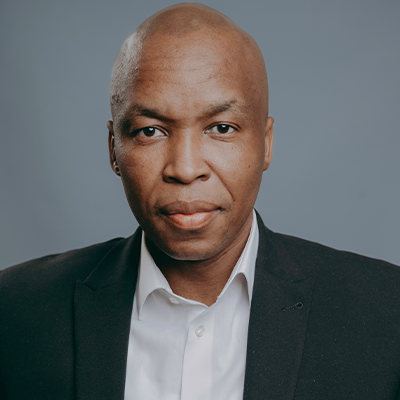The labour market as a lagging indicator of political settlement
By Prof. Joseph Sekhampu, chief director of the NWU Business School.
Every society organises its economy around a set of implicit bargains about power, access, and reward. Those bargains determine who enters markets easily, who must navigate layers of permission, who receives protection, and who absorbs risk. The labour market does not rise above this architecture. It reflects it.

